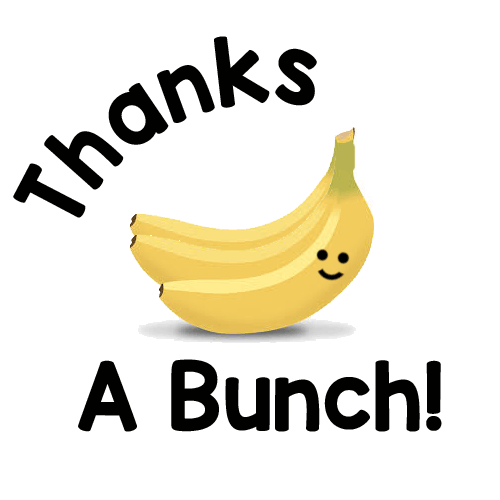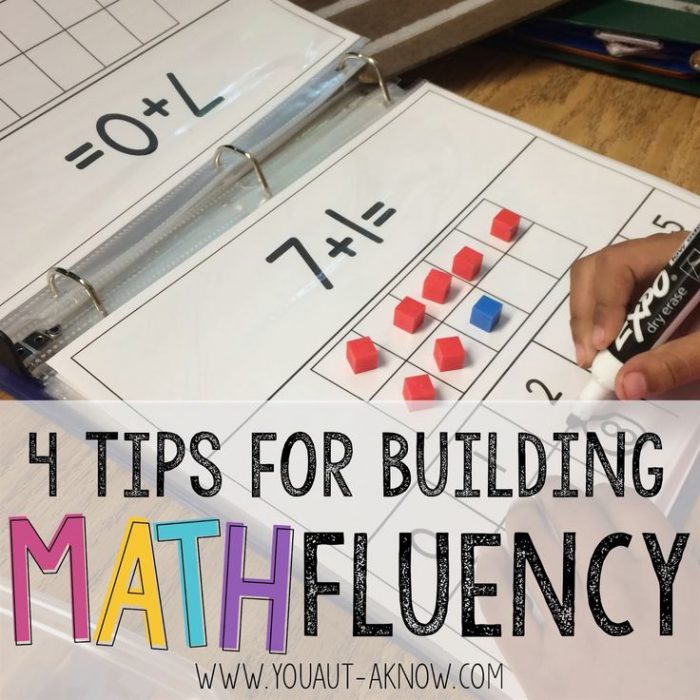ENGLISH101: 14 Sexy Ways to Say “Thank You”
What are the sexy ways to say thank you?
As many of you know, “Thank You” is a very important word to use in English Language. Practically every conversation is prepared with a “thank you” especially when a favour has been offered.
Thanks and Thank you are the most common ways of telling someone you are grateful for something they have said or done. Thank you slightly more formal.
Here are fourteen ways to say Thank You and in different occasion.

-
Thanks a lot
-
Thanks very much
-
Thank you very much
-
Thank you so much.
The above can be used when you want to emphasize your gratitude, or be very polite.
E.g:
- Thanks a lot for looking after the children.
- Thanks very much for making dinner tonight.
- Thank you very much for the dinner – it was great.
- Thank you very much for helping me out today.

-
Thanks a bunch.
This is an informal way of thanking someone, but can sometimes be used sarcastically, when telling someone that something he did was not helpful or kind. (Both thanks a lot and thanks very much can also be used in this way)
E.g:
- You told Mike what I told you in confidence? Thanks a bunch!
-
Much obliged.
This expression is a very formal way of thanking someone for something he has done for you.
E.g:
- I am much obliged to you for your patience during the recent difficulties.
- “You can use the facilities whilst you are in the hotel”. “much obliged”.
-
You’ve save my life
-
I owe you one/I owe you big time.
The above expressions are informal ways to say thank you to someone who has helped you in difficult situation.
E.g:
- Thanks for giving me a lift to the church. You save my life.
- Thanks for the advice. I owe you one.
- Thanks for helping me out with the assignment. I owe you big time

9. Cheers.
This is another informal ways to say thank you to someone which is often used in British English. Many learners have adopted this word and sometimes use it inappropriately in written English. Please remember that “Cheers” is used informally and therefore shouldn’t be used when writing to people you don’t know or in business or formal letters
E.g:
- “Here’s that book you wanted to borrow.” Oh Cheers.
- “Would you like a drink?” That’d be great, Cheers.
-
You shouldn’t (have)
We can use this expression when someone gives you a present and you’re very surprised.
E.g:
- Oh, Joe, what lovely flowers. You shouldn’t have!
-
You’re too kind
This is a polite way of thanking someone that can sometimes sound insincere (depending on who is saying it).
E.g:
- Thank you for the glowing praise. You’re too kind.
-
I’d like to thank…
This is used when thanking people in a formal speech.
E.g:
- I’d like to thank everyone for coming along and supporting us today.
-
Many thanks.
This is another formal ways of say thank you as often used in letters.
E.g:
- Many thanks to the lovely present.
14. No, thanks: The Pain of Being Jilted
Each of us is made acutely aware at some point in life of the heinous sting of rejection. Whether by a love interest or a potential employer; it hurts to be turned down, and taking rejection with grace can be difficult. To reduce that pain, we must conduct ourselves with grace, integrity, and respect.
But what if we are the ones rejecting?
There are several reasons it is important to be tactful when telling someone “no thanks,” just as there are tactics and tips for ensuring damage is minimized, and everyone is able to escape with their dignity and respect for one another intact. But you should be careful in saying no.
Don’t Burn Your Bridges
Whether we’re turning down a job offer, deciding against further negotiations with a potential client or employee, or simply putting an end to a romantic relationship; saying no the right way requires sensitivity and strategy. Primarily, we impart value to others when we say yes, but we also impact value in how we say no. If we are abrupt, careless, or selfish, we risk showing others that we do not have high moral character. Worse, we risk sending the message that they are worthless, when that should not ever be the impetus to our message at all. How we say no can impact our offers, opportunities, and relationships far into the future. So what then can we do to make “no thanks” easier?
I told you we had many ways to say thank you in English! Do you know others?
Finally, I want to sincerely say thank you so much for reading this post. Share your thought by leaving a comment. And… don’t forget to share this post with others via Facebook, LinkedIn, Twitter, and what have you.
This is a guest contribution from Mr. Achem Benard, Department of Art & Languages



